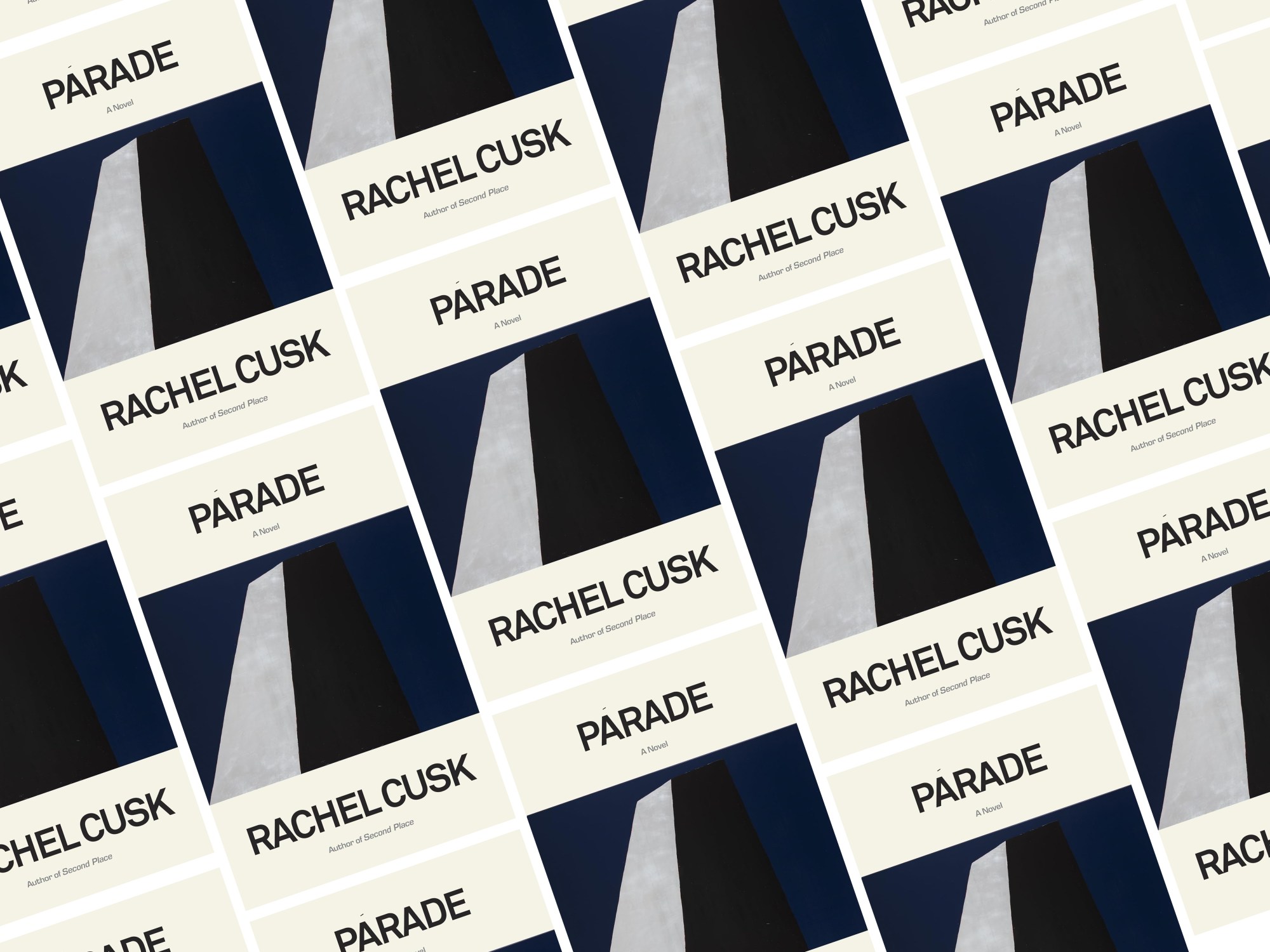
Four chapters, four artists, and four mothers make up Rachel Cusk’s latest novel, Parade. Sometimes, the artist and the mother are the same person. Other times (maybe always), the mother is the oblique subject of the artist’s work, if only as some unseen force against which the artist is reacting. Some mothers are better at their jobs than others—and the same goes for the artists too.
The challenges of the artist-mother dynamics in the book are never resolved. That might be because 1) if Freud is to be believed, maternal conflicts are lifelong and basically insoluble, and 2), each of the four chapters starts over with new characters and does not exactly build on the story that precedes it. All four artists, by the way, are named G. And as per a review in the Guardian, Parade is yet another of Cusk’s “attempts to exterminate the novel while still writing one.”
Parade is sympathetic to mothers. In the four stories, as in life, fathers face fewer professional disadvantages than mothers. But the book acknowledges this without falling into the trap of venerating motherhood as inherently heroic. Some of the mothers are even bad. The narrator in a chapter called “The Driver” plainly states that “most women have children out of convention,” then adds “it’s only afterward that they start attaching all their ideas about creativity to them, because for most people a child is the only thing they’ve ever actually produced.” Here and throughout, the novel evades corny correlations between procreation and making art.
Cusk’s characters attach ideas to their offspring, and they sublimate internal conflicts into their artworks too. One G has a photographer for a husband who refrains from taking banal photographs of their children blowing out birthday candles. The narrator offers a theory as to why: perhaps he was uninterested in candid snapshots of distracted people, craving instead the feeling of instructing his subjects to submit to him. The theory proves to be a bit of foreshadowing.
This particular G met this photographer, who is also a lawyer, when he came to her gallery opening and looked at her paintings attentively, only to brush them off with brutal indifference: he simply said that he knew little about art. As Cusk writes, this “seemed to both diminish her achievements and to increase his air of importance.” The artist had often painted without any particular viewer in mind anyway, working “like a child exerting power in private by playing with plastic figures and making them do things to each other.”
Eventually, G becomes wealthy and successful, so the husband, now enjoying her income, begins to reserve his disapproval for her domestic persona instead. It’s a devastating development, as soon, he finds new ways exert power, swapping his titillating, motivating indifference for rage. One day, he throws a coffee mug at her shoulder.
The book contains several other affecting portrayals of gender and the ways that such a clusterfuck of a concept—especially its attendant power dynamics—plays out in both art and the everyday. Readers who pay attention to such dynamics will find them unsurprising but welcome for the ways that they are artfully portrayed. As Judith Therman wrote in the New Yorker, about Cusk’s books in general, “it isn’t the drama of the events but their specificity that keeps you riveted.”
Cusk gives us glimpses into the minds of those undergoing the tortured creative process, and into the ways that both painting and parenthood involve vexed navigations of power. As per usual, the world she builds is a privileged one, and Parade is far from the first meditation on art, family, and gender from the prolific novelist and memoirist. But it proves gripping for the way it portrays dynamics that happen in private, even subconsciously, and are sometimes so ordinary that they don’t get put into words.
